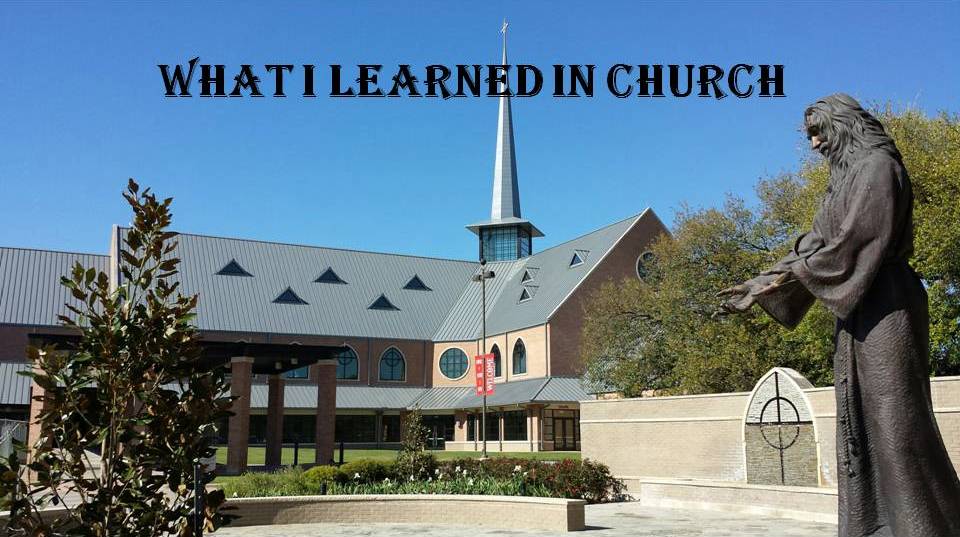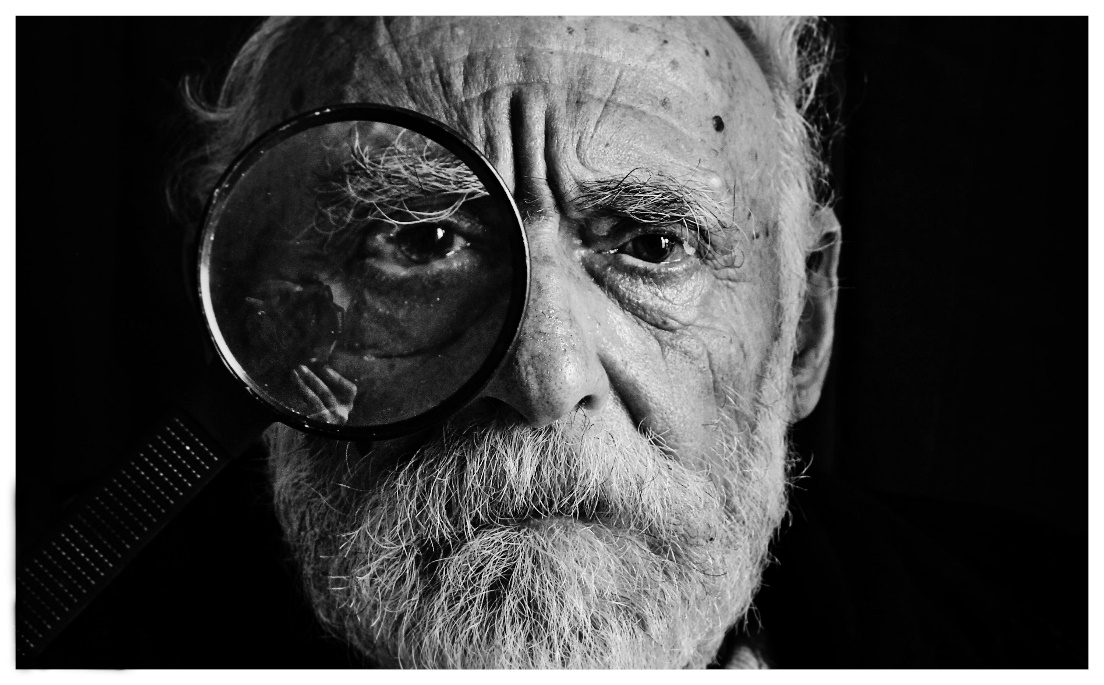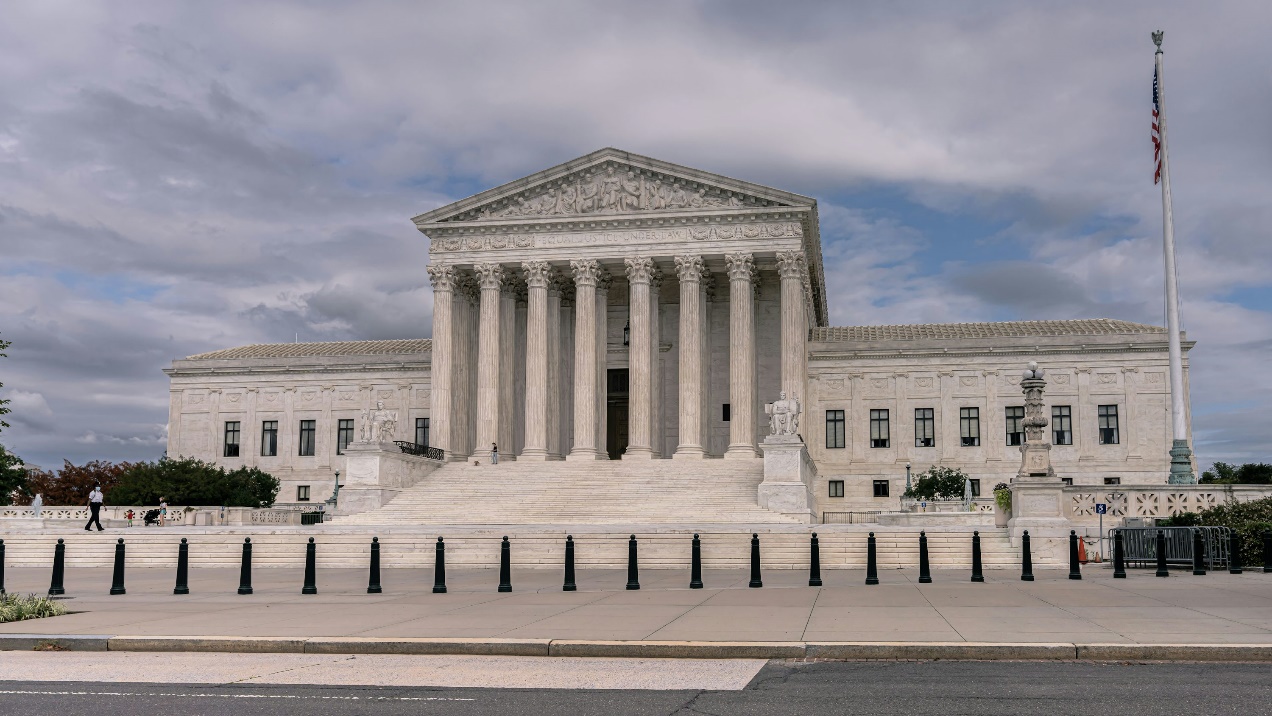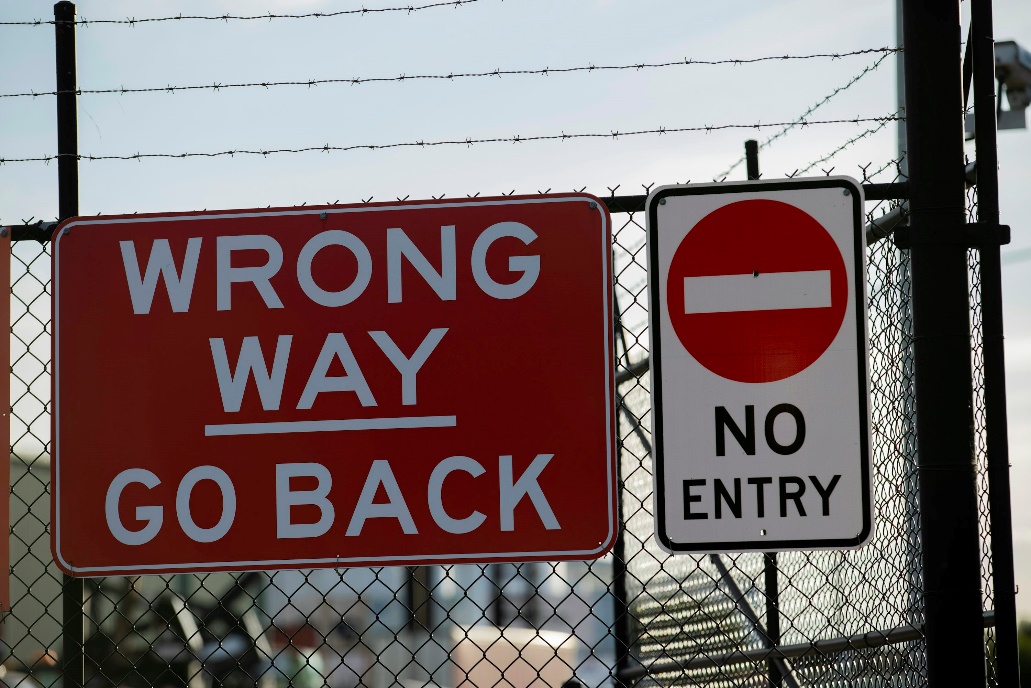
Matthew 7:1-5 (NIV)
“Do not judge, or you too will be judged. For in the same way you judge others, you will be judged, and with the measure you use, it will be measured to you. “Why do you look at the speck of sawdust in your brother’s eye and pay no attention to the plank in your own eye? How can you say to your brother, ‘Let me take the speck out of your eye,’ when all the time there is a plank in your own eye? You hypocrite, first take the plank out of your own eye, and then you will see clearly to remove the speck from your brother’s eye.
A difficult subject to broach, yes? The difference between judgment and accountability. Or even judgment and criticism.
Jesus does not forbid all moral judgment or accountability. I believe He speaks against or even forbids harsh, prideful, and hypocritical judgment that condemns others outright without first evaluating one’s own spiritual condition and commitment to forsake sin. Jesus was a carpenter and sometimes used his work as examples in his stories. Hence the plank and the speck.
Why do you look at the speck in your neighbor’s eye but notice not the log in your own?

Photo by mari lezhava on Unsplash
Dealing with our own log is harder than looking at another’s speck.
Making judgements:
- We navigate life that way (jury duty, voting).
- We make judgments based on our values.
- Jesus asks us to consider what is our attitude.
- We see in our scripture that how we judge is how we will be judged.
- This is the teaching of Jesus we break the most often.
- Why do we do it? Is it easier?
- We all stop to watch the train or car wreck. Why is that?
- What does Jesus want us to do?
- Look for the best first.
- What we give in judgment is what we’ll get.
- What we look for in others is what we’ll find—good or bad.
- The church and Christians have a PR problem and a lot of it comes from this very topic of judgment and not following God’s Word.
- It’s important to love first. Not at all easy.
- Dealing with our own plank
- How do you remove it?
- First, admit you’re not perfect.
- We have all fallen short of God’s perfection. There are no perfect people in this place.
- Being honest with God about where we are in our lives and where we’ve been.
- Forgive us our trash baskets. Mine gets pretty full sometimes.
- All God asks is that we get real about ourselves.
- It’s quite painful for us to admit our own sins—our own junk if you will.
- Humbling ourselves before God allows us to see others better.
- God, not us, is the judge and that’s the good news. Christ alone is our judge.
- How does Jesus judge us in the future? He had compassion for those who knew they sinned and repented.
- We aren’t in the seat of the final judgment.
- We all need God’s grace.
So how about accountability? Where does that fit in with Jesus’ thinking about judging others? It appears that some who judge others harshly use parts of this scripture as a shield for their own sin. It allows them to justify their way of life without any accountability. As Christians and as followers of God we are not allowed unrestrained moral freedom. Jesus never said He favored a hands-off approach to moral accountability. In this scripture, Jesus was taking on the Pharisees and rebuking their hypocrisy. They constantly looked at the sins of others with no regard for holding themselves accountable for the same behavior.
It comes down to this God is the final judge. Those who judge without first looking at themselves will find they have the bigger problem.

Photo by Adam Michael Szuscik on Unsplash
All of this doesn’t mean you can’t call someone out on their actions. Constructive criticism is helpful as it allows people to grow and learn. As an author, I take no sorrow in my fellow authors giving me constructive criticism.
It’s so important that we understand that accountability is something Jesus spoke about. (see Matthew 12:36-37) He also instructed us to hold one another accountable for our actions. (see Matthew 18:15-17)
When I was a little girl, my parents had no qualms about holding me accountable for my actions. I knew right from wrong. But sometimes wrong seemed more exciting. The fact that I had no siblings left me with the dilemma of not being able to blame my actions on a brother or sister. At the time I thought my parents were monsters for punishing me when I did wrong. I never thought those bad actions were my fault plus all my friends were doing the same thing.
As children, we tend to judge other kids as well. I always felt that they did worse things than me. When in reality, I was doing exactly what they were doing and often my behavior surpassed theirs. Luckily, I had great parents who taught me that actions have consequences—good or bad. And that going the wrong way wouldn’t fly with them.

Photo by Marcus Reubenstein on Unsplash
How do you handle judgment, accountability, or criticism? Will you seek the plank in your own eye before seeking the speck in another’s?
And that’s what I learned in Church……see ya next time!
Wishing you all a very Happy Valentine’s Day!